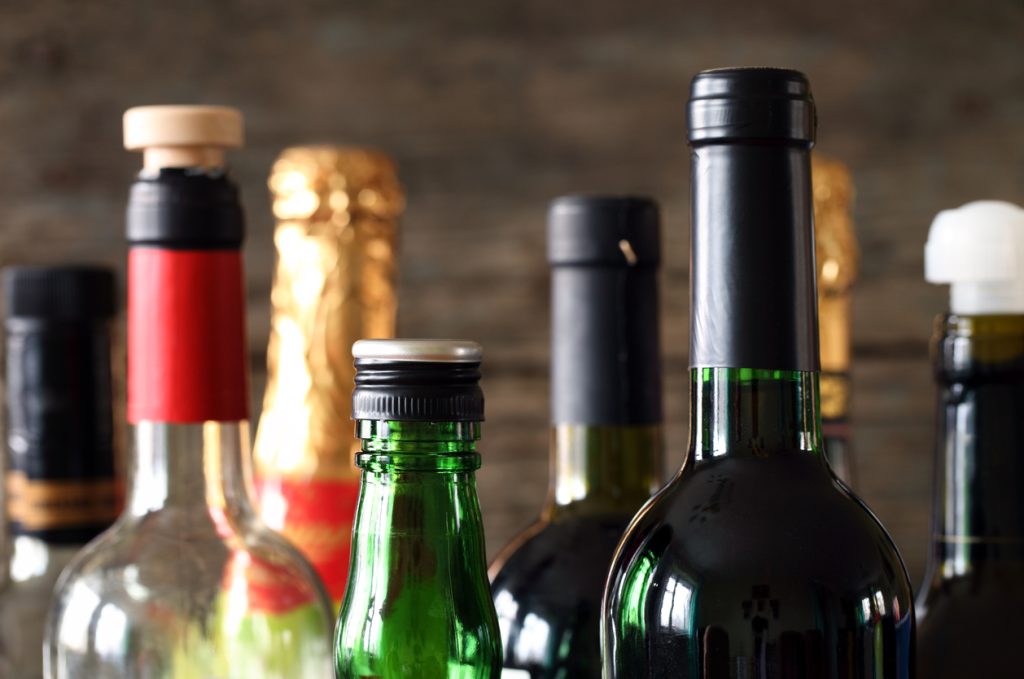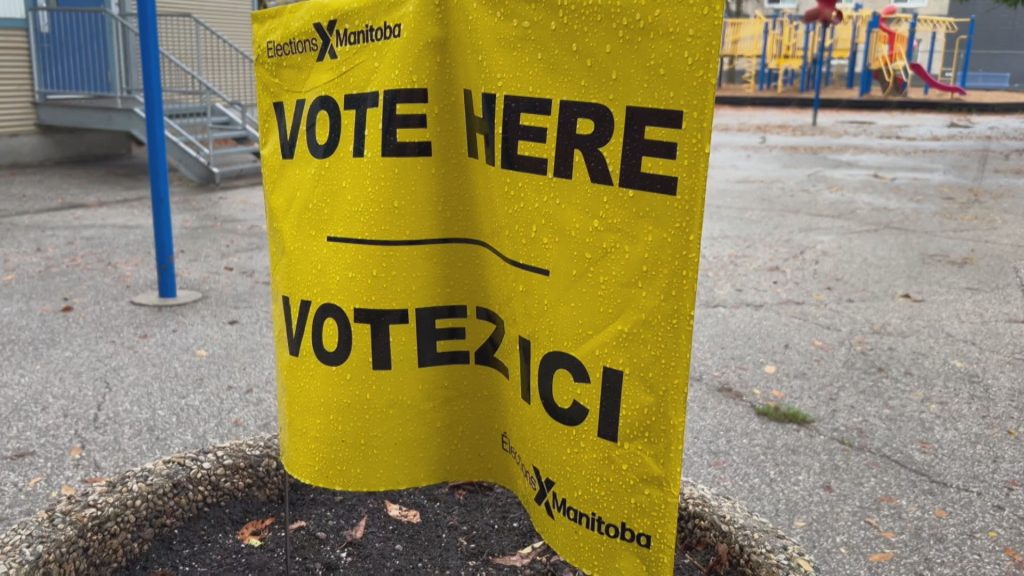How much alcohol is in a standard drink? MP says Canadians should know

Posted February 15, 2023 12:10 pm.
Last Updated February 15, 2023 5:25 pm.
Mental Health and Addictions Minister Carolyn Bennett says Canadians deserve to know how much alcohol is in a standard-sized drink, but she is not committing to mandate that companies put that information on their labels.
Bennett’s comments come a few weeks after the Canadian Centre on Substance Use and Addiction (CCSA) issued new advice about how much alcohol is safe to consume.
The centre says limiting yourself to no more than two standard drinks a week will help you avoid alcohol-related health consequences. The latest recommendation was down from a previously advised two drinks a day.
The guidance also says alcohol bottles and cans should have mandatory labels explaining health risks and information about what a standard-size drink is.
Related articles:
-
How much alcohol is too much? New guidance for Canadians
-
Canadian Cancer Society agrees with new guidance on alcohol consumption
-
Provincial governments not jumping to act on tighter alcohol warning guidelines
Bennett says people should be given that information when they buy alcohol but she is hoping the industry takes on the labelling issue itself.
She says companies moved to remove the chemical BPA from plastic water bottles after an outcry over the health effects more than a decade ago.
The CCSA says in North America, the typical alcoholic beverage (a beer, an average glass of wine, or a cocktail) contains approximately 14 grams of alcohol. One drink per day would work out to 98 grams of consumption per week.
In findings released last year, data suggested more than six drinks a week (84 grams of alcohol) puts an individual at high risk of developing significant health issues.
Risks associated with moderate consumption include different types of cancers, including breast and colon cancer. The guidance suggests the upper limits of more the six drinks a week carry an increased risk of heart disease and stroke.
In 2011, Health Canada recommended men consume no more than 15 drinks weekly, and for women, that number sat at no more than 10 beverages.
Government response to alcohol report ‘very weak,’ expert says
While Bennett says that Canadians should know how much alcohol they are consuming, an expert thinks the government’s overall response to the CCSA report is not going far enough.
“Really, I think this is a very weak response from the minister on a very serious issue,” said Tim Stockwell, a scientist with the Canadian Institute for Substance Use Research at the University of Victoria.
Stockwell says Bennett’s suggestion of having alcohol companies voluntarily print information on their labels about the potential risks won’t do enough to educate people.
“The consumer needs to get that information, and it shouldn’t be down to industry groups – people with a conflict of interest – given the job to inform them about health risks,” he said, suggesting the information should be mandated.
“There’s a large number of Canadians involved in the industry, and they’re good people, but they have a conflict of interest. They make their living selling as much of the stuff as possible but the more we consume of their product, the more harm we get.”
Stockwell says it’s a positive sign that the government is considering different ways on how to inform Canadians about the risks of alcohol. However, he points to many studies that show the vast majority of people are still not aware of alcohol’s link to cancer.
“You talk to people who have got breast cancer…who did not know that alcohol was a risk for breast cancer, and they’re furious. Their relatives are furious,” he explained.
“Without it being on the container, the natural assumption is that it must be okay. Because the government would tell us, wouldn’t they? Well, the government has been given the evidence and they’ve decided not to do anything with it.”
Including alcohol on lists of carcinogenic substances like asbestos, Stockwell says, would be a better method of informing Canadians about the potential risks of drinking.
-With files from Martin MacMahon








